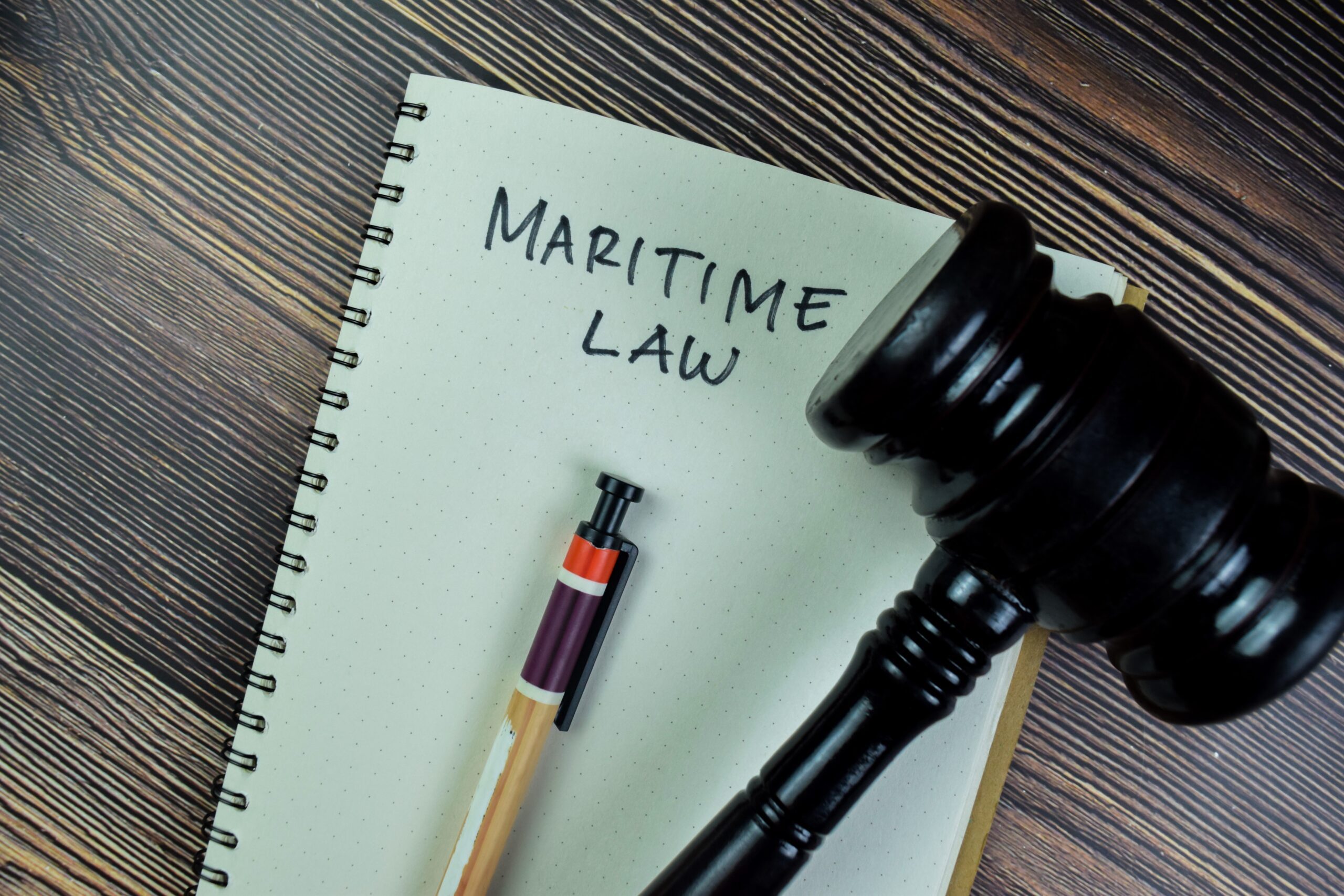
The ending of World War II signaled an emergence of intergovernmental agencies that would collaborate on laws and standards for political, social, and business purposes. The most well-known of these intergovernmental agencies were the United Nations, the International Monetary Fund, the World Bank, and Interpol. All have member nation signatories that are part of an international treaty governing those bodies. They have a hierarchy and purport to be neutral observers (Interpol in particular is an organization that has a history of protecting its neutrality) of international political, social, and economic events.
Conceived in 1948 and in effect starting in 1959, a similar world body sprang forth that was eventually to be called the International Maritime Organization, or IMO. The IMO name was created in 1982; from 1948 until 1982 it was called the Inter-governmental Maritime Consultive Organization, or IMCO. Like the other world bodies, sovereigns are members of the IMO and its chief is called the Secretary General. Its stated purpose is for the “safe, secure and efficient and efficient shipping on clean oceans,” which means that its mission is to safeguard those at sea and to protect against pollution in the world’s oceans.
It is located in London, U.K. and has 173 member countries and three associate member countries. The current Secretary General is Kitak Lim, who was elected in 2015 and started his term in January 1, 2016. The term is for four years.
September 11
In the aftermath of the terrorist attacks on September 11, 2001, the IMO ramped up its requirements for safety in the shipping of items cross-border. In December of 2002, the IMO released the International Ship and Port Facility Security, or ISPS, Code to further secure the shipping industry. The ISPS Code created various layers and requirements to combat international smuggling and piracy. The ISPS Code has a comprehensive list of security requirements for both ships and ports.
Cyber Warfare
Another challenge facing the IMO is cyber security and cyber warfare and how it affects international maritime commerce. As Mr. Lim noted: “A ship’s onboard information technology and operational technology systems can be hacked just as easily as systems ashore. Such security breaches have the potential to do considerable harm to the safety and security of ships, ports, marine facilities and other elements of the maritime transportation system.”
To that end, the IMO issued a security pamphlet outlining different possible cyber security threats that can severely disturb maritime commerce. In the words of Mr. Lim: “[the] IMO has a remit and responsibility to identify which aspects of cyber risk management are uniquely maritime and work on these while at same time promulgating information that is of more general application, for example on supply chain security and best practices for cyber risk management in general.”
Thus, cyber warfare is the next front challenging the IMO in its mission to maintain smooth international trade.
Are you involved in the maritime business? Partner with a lawyer who understands the nuances of maritime law. Speak with the Kolodny law firm.

